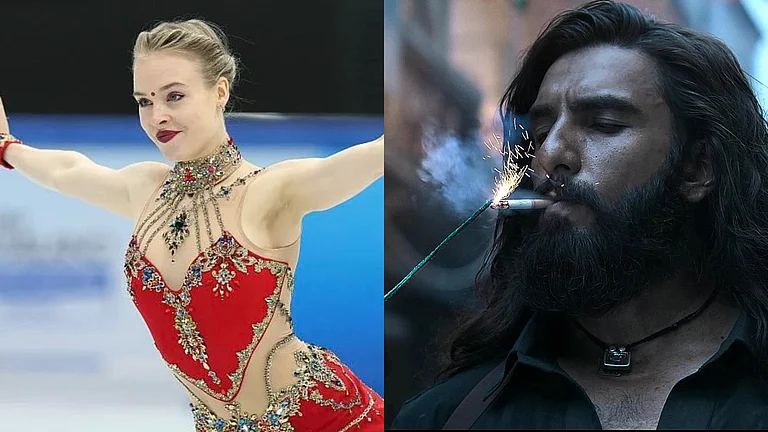G-20 leaders, convened virtually under the Indian presidency led by Prime Minister Narendra Modi, commended the recent "humanitarian pause" in the ongoing conflict between Palestinian resistance group Hamas and Israel in the besieged Gaza Strip.
The G-20, a group of "19 sovereign countries, the European Union (EU), and the African Union (AU)," gathered for the virtual summit lasting over three hours.
Prime Minister Modi highlighted a consensus on various West Asia conflict-related issues within the G-20. "There is 'consensus (sahmati)' on many issues related to the conflict in West Asia in the G20," said Modi. Seven points of commonality were identified, emphasising "zero tolerance" for terrorism and a collective agreement that the loss of innocent lives, particularly women and children, is unacceptable.
Modi stressed the importance of diplomacy and dialogue, advocating for a permanent 'two-state solution' to the Israel-Palestine dispute as part of the acknowledged consensus.
"The G-20 is prepared to offer all necessary support in this regard," affirmed Modi.
However, External Affairs Minister S. Jaishankar clarified during a subsequent media briefing that while the majority of leaders expressed support for the two-state solution, there was no definitive consensus on the matter. "I can’t say there was a 'consensus on the two-state solution,'" Jaishankar stated.
He noted that the current focus is on preventing the conflict from escalating further.
After six weeks of continuous violence, Israel and Hamas reached an agreement on November 22 for the release of 50 hostages in exchange for 150 Palestinian prisoners. The deal also includes a "humanitarian 'pause' in the conflict for at least four days. So far, more than 14,500 people have been killed in Gaza since October 7. In Israel, the official death toll from Hamas’s attacks stands at about 1,200.
The virtual summit saw the participation of leaders from across the globe, with notable exceptions such as US President Joe Biden and UK Prime Minister Rishi Sunak. Chinese President Xi Jinping, who had also not travelled to India for the summit, was also missing. However, another notable absentee at the Delhi summit, Putin, took part in the virtual conference.The rotating Indian presidency is set to be handed over to Brazil on December 1.


























